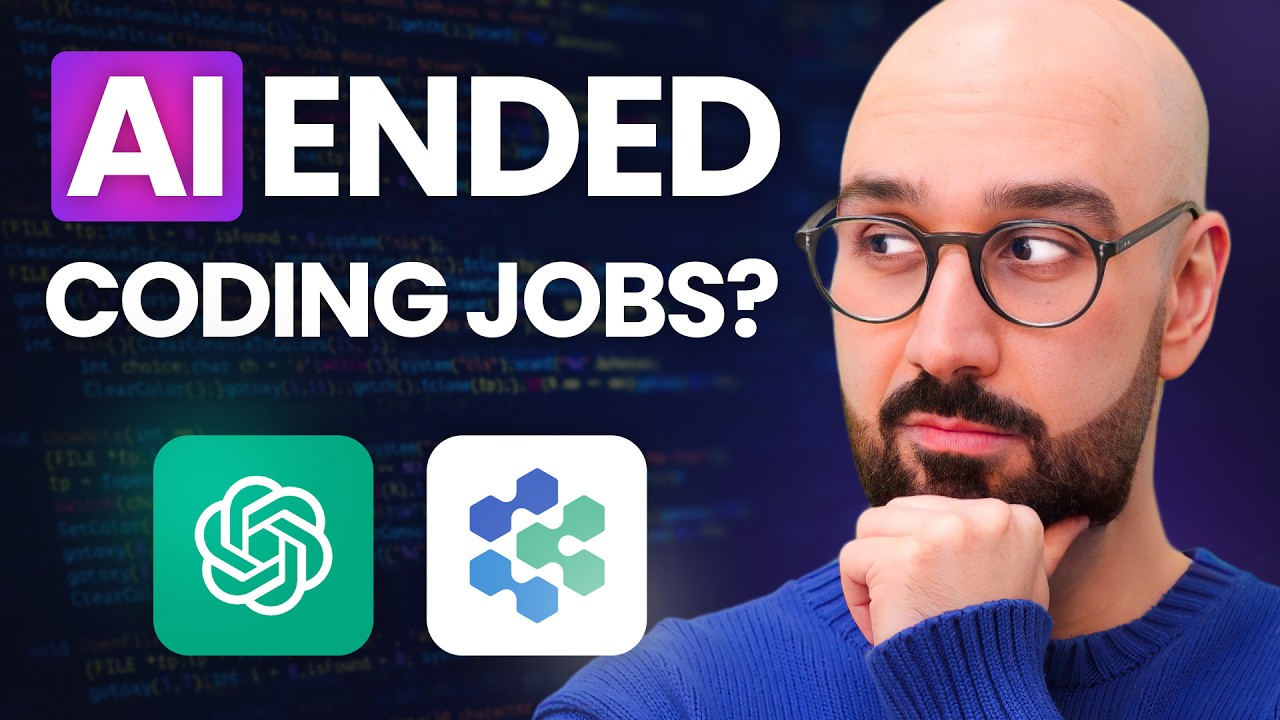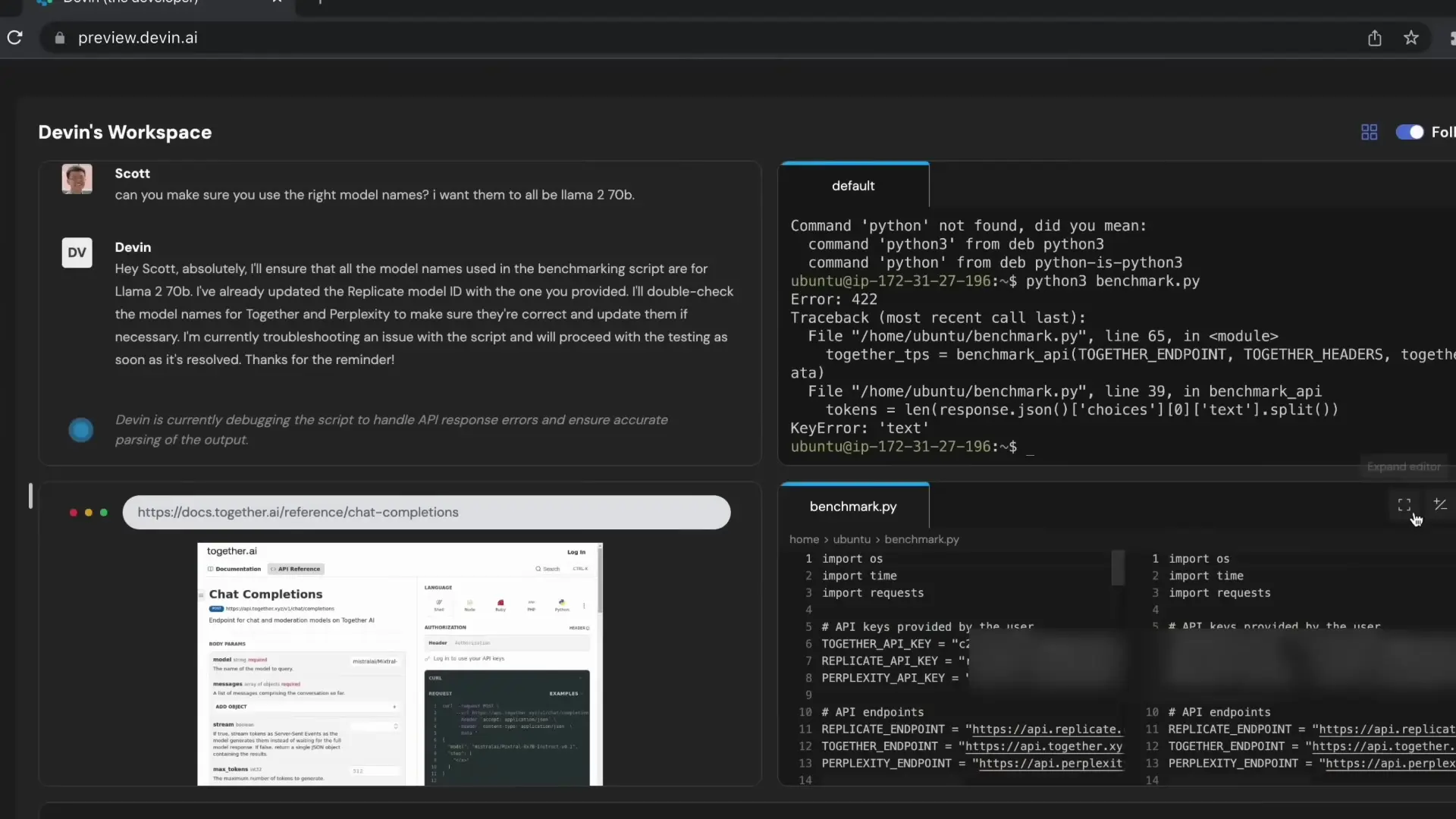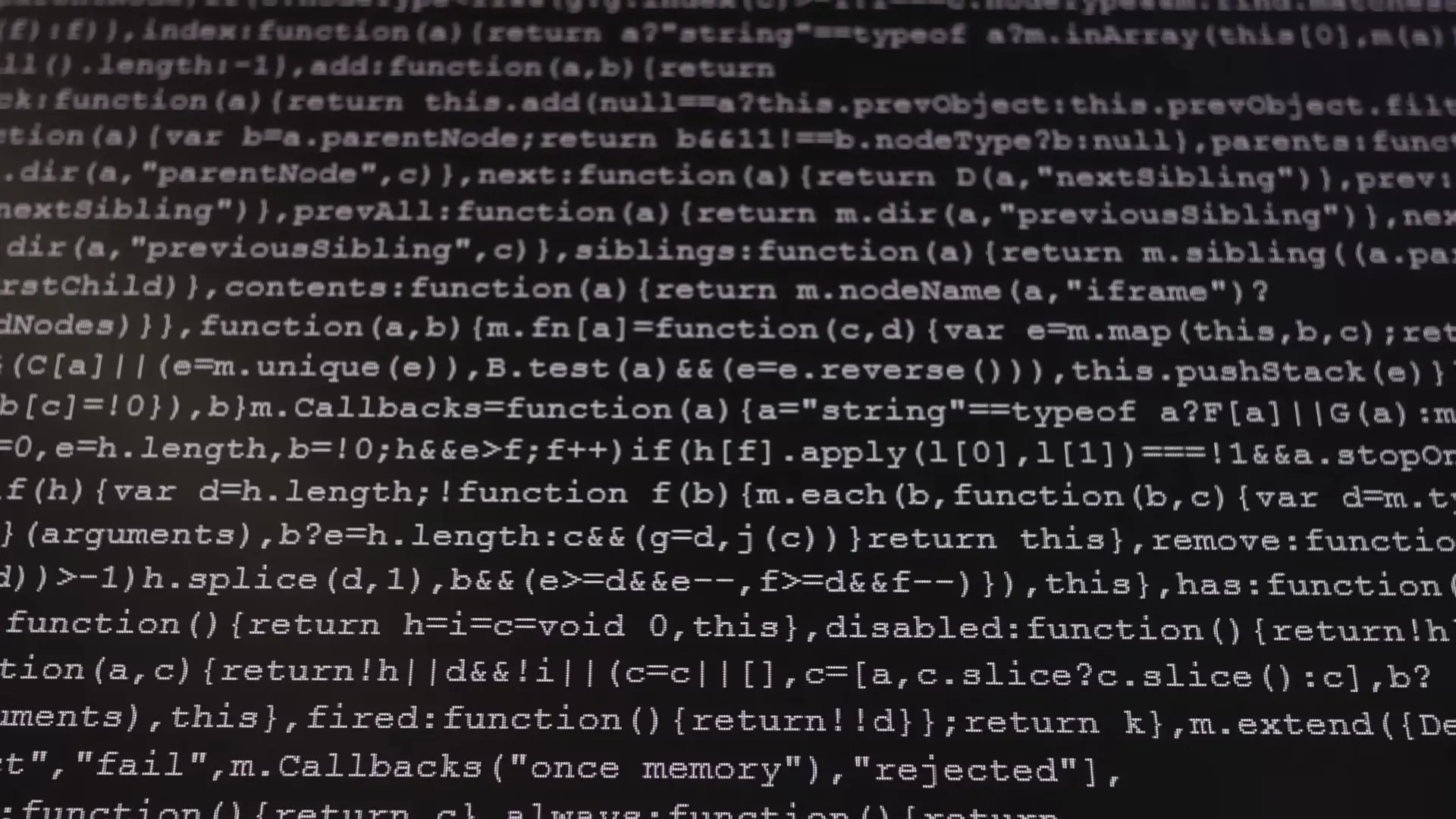
The tech world is buzzing about Devin, which claims to be the world's first AI software engineer. Currently behind closed doors with only polished demos available, Devin has sparked concern among developers worried about job security. Some are even considering career changes as fears mount about AI replacing human coders. But is this anxiety justified, or is it mostly hype? Let's examine what Devin might mean for the future of software development and how developers can stay ahead of the curve.
Will Devin Actually Succeed?
Before panicking about job displacement, it's worth considering whether Devin will actually deliver on its promises. Startups have notoriously high failure rates, even with substantial funding. Investors tend to chase trends, and AI is certainly hot right now. But that doesn't guarantee we'll see a flawless product that can handle the complexities of real-world software development.
Even assuming Devin launches successfully, there's a significant gap between impressive demos and practical utility in complex environments. Real-world software is messy—filled with legacy systems, undocumented quirks, and complex integrations. These are precisely the areas where AI tools typically struggle and where human intelligence and experience remain invaluable.

The History of 'No-Code' Promises
We've seen similar promises before. No-code tools have been around for decades, claiming to democratize software development and make coding accessible to everyone. Yet they consistently overpromise and underdeliver. These tools simply can't build the mission-critical software that runs hospitals, airlines, or power grids—systems our lives literally depend on.
Some industry leaders have made bold claims that AI will eliminate the need for programming entirely, suggesting that natural language will become the new programming language and everyone will effectively become a programmer. This perspective ignores the reality that software engineering, like medicine or law, requires years of specialized training and problem-solving skills.
While you might create a simple to-do app using natural language prompts, building complex, reliable, secure systems that way remains far-fetched. Such claims often come from those with vested interests in hyping AI capabilities rather than from experienced software engineers who understand the nuances of real-world development.
The Realistic Timeline for AI Adoption
Even if Devin or similar AI tools eventually match their ambitious claims, widespread adoption will take considerable time—especially in enterprise environments. Remember how long the transition to cloud computing took? Many organizations are still in the process of migrating. AI adoption in software development will likely follow a similar gradual path.
Additionally, adoption won't be uniform across industries. Organizations handling sensitive data—government agencies, healthcare providers, financial institutions—often have strict security policies that may restrict or prohibit the use of online AI tools. This security-conscious segment of the market will continue to rely heavily on human developers for the foreseeable future.
Consider a parallel example: digital locks have existed for decades, yet traditional locksmiths haven't disappeared. New technology doesn't automatically replace established systems and professions—especially when reliability and security are paramount concerns.

The Evolution of Development Tools and Skills
Software development has always been characterized by evolving tools and technologies. Experienced developers have witnessed countless transitions: from FoxPro to SQL Server and Oracle, from monolithic applications to microservices, from on-premises infrastructure to cloud platforms. The fundamental skills—understanding data flow, system architecture, and problem-solving—remain valuable through these transitions.
AI will likely change how we code, perhaps shifting more focus toward crafting effective prompts and refining AI-generated output rather than writing every line from scratch. However, the core competencies of software engineering will remain essential. We'll still need to understand how code works, how data flows, and how to solve real-world problems through software.
Think of it like building a house: You might progress from hammers and nails to power drills to 3D modeling software, but you still need to understand structural engineering principles, material properties, and architectural design regardless of the tools you use.
Historical Perspective on Technology Transitions
Looking at past technological transitions provides valuable context. The calculator didn't eliminate mathematicians—it freed them to focus on more complex problems. Design software didn't erase graphic designers but transformed their workflows. Similarly, AI coding tools may automate repetitive tasks while enabling developers to focus on higher-level challenges.
When new technologies emerge, they typically change job roles rather than eliminate them entirely. As some tasks become automated, new specialties emerge. The transition to AI-assisted development will likely follow this pattern, creating opportunities for developers who can effectively leverage these new tools.
The Expanding Demand for Software
A common concern is that AI will enable a single developer with advanced tools to replace multiple engineers. However, this perspective overlooks a crucial reality: the demand for software continues to grow exponentially. Companies constantly compete by adding new features and functionality to their products, creating an ever-expanding backlog of development work.

Additionally, many existing projects struggle with technical debt that limits their ability to innovate. AI tools could help organizations not only deliver new features faster but also address longstanding technical debt, improving performance and reliability. This scenario would likely increase the overall volume of software projects rather than reduce developer headcount.
As Marc Andreessen famously observed, "software is eating the world." Nearly everything runs on code, and that trend shows no signs of slowing. We'll continue to need skilled people to shape that software, whether they write every line manually or collaborate with AI tools.
Navigating the Future as a Developer
Rather than succumbing to fear about AI replacing developers, focus on positioning yourself for success in an AI-augmented development landscape. Here are practical strategies for thriving alongside AI tools like Devin:
- Strengthen your understanding of programming fundamentals and computer science principles that transcend specific tools
- Develop expertise in system design, architecture, and problem decomposition
- Learn to effectively prompt and collaborate with AI tools to maximize their utility
- Focus on the human elements of software development: understanding user needs, business requirements, and team collaboration
- Stay current with emerging technologies and development approaches
- Build skills in areas where AI currently struggles, such as complex debugging and system integration
The software engineering profession continues to offer exceptional benefits: competitive salaries, flexible work arrangements, remote opportunities, and intellectually stimulating challenges. Don't let fear-mongering about AI discourage you from pursuing or continuing this rewarding career path.
Conclusion: Evolution, Not Extinction
AI tools like Devin represent the next evolution in software development—not the extinction of human developers. Throughout the history of technology, new tools have changed how we work without eliminating the need for skilled professionals. The same pattern will likely hold true for AI in software development.
The most successful developers will be those who embrace AI as a powerful collaborator rather than viewing it as a threat. By focusing on continuous learning, developing complementary skills, and understanding both the capabilities and limitations of AI tools, you can position yourself for long-term success in an evolving industry.
The future of coding with AI isn't about replacement—it's about augmentation, enabling developers to solve more complex problems and create more sophisticated solutions than ever before. That's not a future to fear, but one to embrace with curiosity and confidence.
Let's Watch!
Devin AI: Will It Replace Developers or Transform the Future of Coding?
Ready to enhance your neural network?
Access our quantum knowledge cores and upgrade your programming abilities.
Initialize Training Sequence